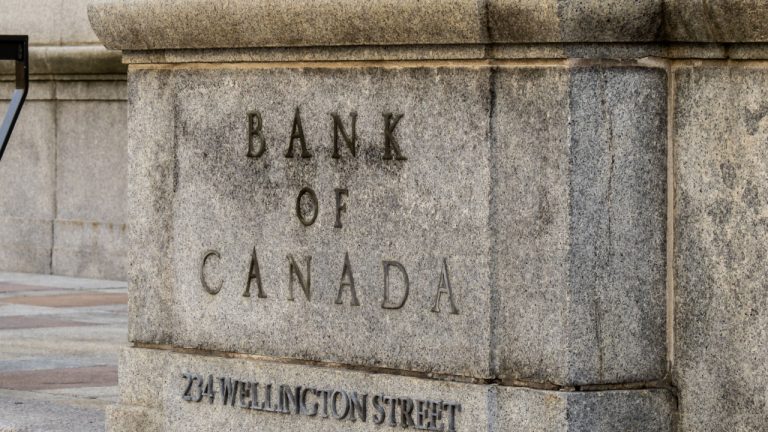
A recent study conducted by the Bank of Canada delved into the role a central bank digital currency (CBDC) would play in improving financial inclusion, digital inclusion, and accessibility. The study concludes that while the Canadian financial ecosystem is inclusive, a CBDC might help tackle several challenges not dependent on the system itself.
Bank of Canada Study Examines CBDC Role
A recent study published by the Bank of Canada, titled “Redefining Financial Inclusion for a Digital Age: Implications for a Central Bank Digital Currency,” examined the challenges a central bank digital currency (CBDC) would tackle in Canada.
The study remarks that while financial inclusion is high in Canada, with 98% of adult Canadians having access to a bank account and debit cards, underbanked Canadians can still face barriers and challenges, having to resort to alternate providers that charge higher fees for their services, including payday lenders and cheque cashers.
The use of cash in the country, qualified as having a key role in financial inclusion, has diminished significantly, going from being present in approximately 53% of the transactions in 2009 to below 21% in 2021. Nonetheless, it continues to be accepted at a wide array of establishments.
CBDC and Inclusion
The study, which examined different kinds of inclusion (financial inclusion, digital inclusion, and accessibility), found that many of the challenges that impact the accessibility to payment methods were not “normally considered within the purview of central bankers” and require public investment on a series of policy initiatives.
However, these elements could be considered when designing a CBDC to make it universally accessible. The study compared today’s digital payment ecosystem with the old one, where banknotes were sufficient to achieve this accessibility. The study detailed:
Although bank notes may have been effective at addressing barriers in the past, to be universally accessible, a CBDC must address the barriers inherent in today’s—and tomorrow’s—evolving technical landscape.
While the study found that the number of individuals who face challenges that could exclude them from the traditional financial system is larger than previously assumed, it explains that these findings “serve to inform the design of future digital payment products and services and CBDCs.”
Furthermore, it calls for more research to uncover more challenges and opportunities associated with these new technologies to let the broadest population benefit from accessible digital payments.
What do you think about the CBDC and inclusion study recently completed by the Bank of Canada? Tell us in the comments section below.









